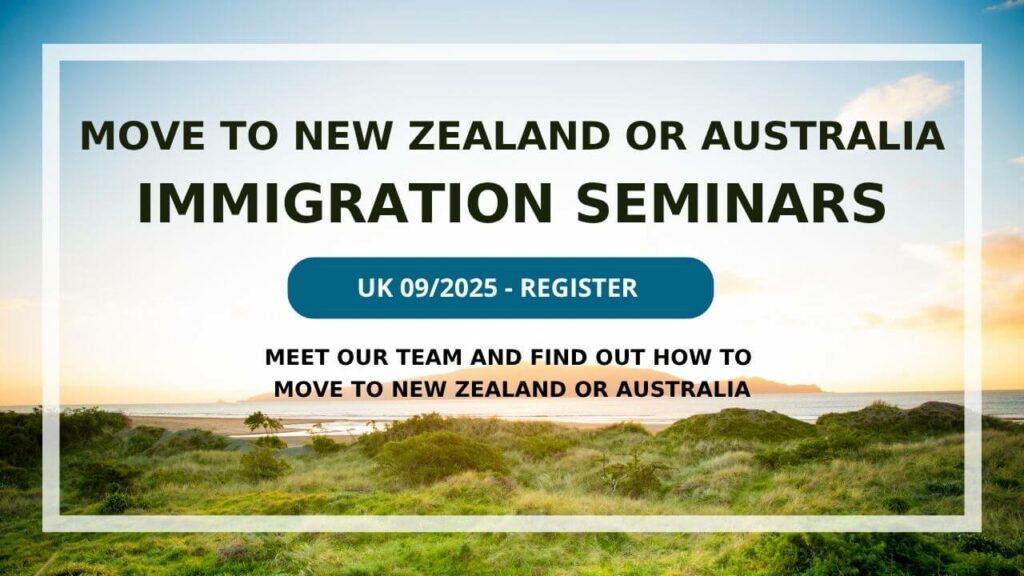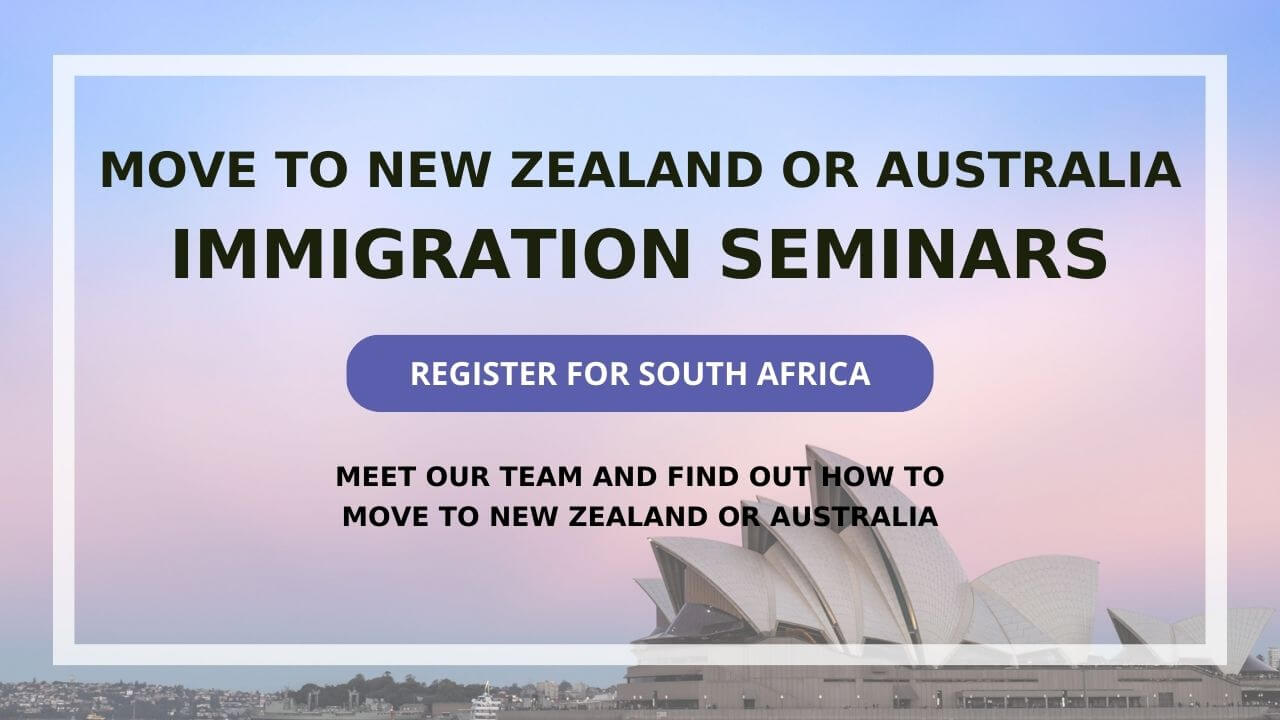Significant changes to Australia’s Student Visa (Subclass 500) came into effect on 1 July 2025, impacting both new applicants and those preparing to lodge soon. These updates reflect the government’s focus on strengthening compliance and ensuring that student visa holders are genuinely prepared for their stay in Australia.
Here’s what prospective students and education providers need to be aware of.
Visa Fee Increased to AUD $2,000
 The cost of applying for a Student Visa has risen substantially in the last 12 months:
The cost of applying for a Student Visa has risen substantially in the last 12 months:
- 2023: AUD $710
- 2024: AUD $1,600
- Now (2025): AUD $2,000
This increase reflects broader changes across the visa system and places more emphasis on ensuring that applicants are ready and financially equipped before applying.
Financial Evidence Requirements Tightened
Student visa applicants must now meet stricter financial capacity requirements, including:
- Demonstrating sufficient funds for tuition, travel, and living costs
- Providing evidence that funds have been held for a minimum of 3 months in many cases
- Meeting revised cost-of-living thresholds, now set at:
- Primary applicant: AUD $29,710
- Partner: AUD $10,394
- Each child: AUD $4,449
These figures are used to assess whether applicants can realistically support themselves while studying in Australia.
Changing Courses? Know the Rules
Student visa holders must now be even more careful when considering changing courses or providers. In some cases, switching to a lower-level qualification (e.g., from a Bachelor's to a Diploma) without permission can result in visa cancellation. It's important to now which courses qualify, how to seek approval, and ensure compliance at all times.
Greater Emphasis on Genuine Temporary Entrant (GTE) Compliance
The GTE requirement has always been part of the application, but assessment criteria have now become stricter.
Applicants are expected to demonstrate:
- Genuine intent to stay in Australia temporarily
- Clear academic or career goals linked to their study
- Understanding of their chosen course and why it’s relevant
This involves a written personal statement with supporting information. Our team can help you get on the right track! Generic or vague GTE statements are likely to result in delays or refusal.
Moving Forward
Navigating these updates can feel overwhelming, particularly for those applying from high-risk countries or first-time applicants.
If you’ve been in touch with our team already or would like help reviewing your eligibility in light of the changes, we’re happy to provide guidance. Staying informed is key to ensuring your application meets the latest standards.


